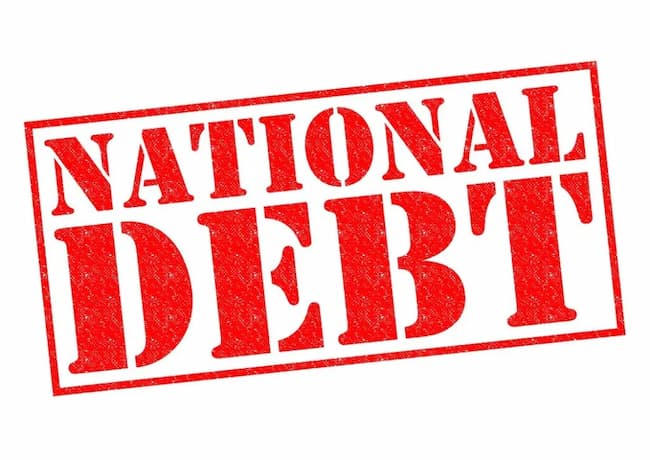Out of N1.84 trillion revenue generated the Nigerian government spent N1.8 trillion on debt servicing between January and May 2021.
With this development, the country’s debt-to-revenue ratio stands at 97.8 percent for the period under review.
This implies that for every N100 earned, N97 was spent on debt servicing, leaving the Federal Government with a meagre amount to devote to infrastructure spending — an indication of a disparity in revenue generation and high government spending.
The Minister of Finance and National Budget, Zainab Ahmed, while delivering a presentation on the implementation of the current budget, on Thursday, stated that the Federal Government’s earnings from oil in the last five months stood at N289.61 billion, which represents a 50 percent performance.
READ ALSO: Nigeria Govt Spends N194.31bn On Fuel Subsidy
A breakdown of non-oil tax revenues amounted to N618.76 trillion, company income tax (CIT) and value-added tax collections surpassed the budget targets with N290.90 billion and N123.85 billion respectively.
“Customs collections was N204.0 billion (86% of target). Other revenues amounted to N762.70 billion, of which Independent revenues was N487.01 billion,” she said.
The Minister noted that on the expenditure side a total of N4.86 trillion was expended in the five months down to May — this does not include government-owned enterprises and project-tied expenditures.
“Of the expenditure, N1.80 trillion was for debt service (37% of FGN expenditures), N1.50 trillion for personnel cost, including Pensions (31% of FGN revenues),” she added.
The Minister also disclosed that as of May, N973.13 billion had been disbursed for capital expenditure.
Ahmed noted that targeted gross revenue from oil and gas for 2021 was N5.19 trillion, as of May, N1.49 trillion was realized out of the prorated sum of N2.16 trillion — this represents 69 percent performance.
“Oil and gas deductions were N194.31 billion (or 45.8%) more than the budget. This is mainly attributable to petroleum subsidy costs which was not provided for in the 2021 budget,” she said.
“After netting out deductions (including 13% derivation), net oil and gas revenue inflows to the Federation Account amounted to N872.16 billion. This is N864.20 billion or 49.8% less than the projection as of May.
She stated that the amount available for distribution from the Federation Account during the period stood at N2.78 trillion
“The Federal Government received N998.57 billion, while the States and Local Governments received N506.59 billion and N390.48 billion respectively from the Main Pool Account.
“Federal, State and Local governments received N132.70 billion, N442.33 billion and N309.63 billion respectively from the VAT Pool Account.”
She also announced that key parameters as well as other macroeconomic projections driving the medium-term revenue and expenditure framework have been revised in line with the emergent realities.
Inflation projection for 2021 was raised to 15 percent from 11.95 in the 2021 budget. Exchange rate was also adjusted to N410/$1 to reflect the new adjustment by the Central Bank of Nigeria. Oil price benchmark and production output remain unchanged at $40pb and 1.86mpb respectively.
